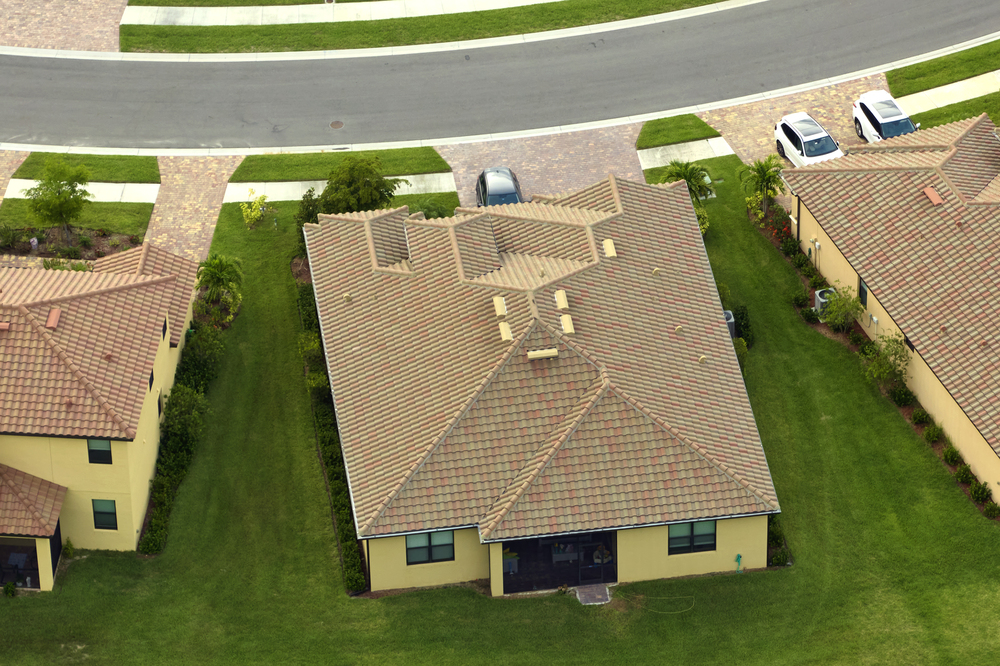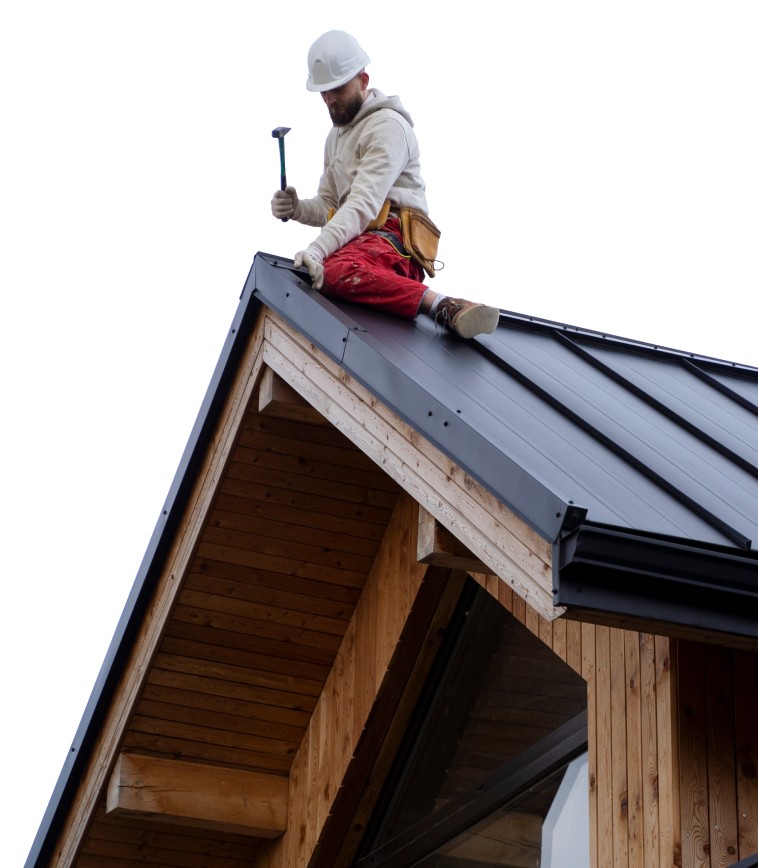
Roofing is one of the most important components of any home. In Florida, where the climate can be particularly harsh due to intense sun, heavy rains, and the occasional hurricane, understanding the lifespan of your roof is helpful to making decisions on which type of material to choose. At E.W. MacDowell, we specialize in helping homeowners decide on the right roofing materials and maintaining them to ensure longevity. Here’s what you need to know if you’re questioning, “how long does a roof normally last on Florida homes?”.
Several factors influence how long a roof will last in Florida:
Material Type: Different roofing materials have varying lifespans. In Florida, common roofing materials include asphalt shingles, metal, tile, and flat roofs. Each material has its own durability and resistance to the Florida climate.
Weather Conditions: Florida’s weather is one of the biggest factors in determining roof longevity. The intense UV rays from the sun can degrade roofing materials over time, while heavy rain, humidity, and storms can cause wear and tear.
Installation Quality: A well-installed roof will naturally last longer than one that was poorly installed. Proper installation ensures that the roof is secured and less likely to develop leaks or other issues over time.
Maintenance: Regular maintenance, including inspections, cleaning, and repairs, can extend the life of your roof. Neglecting maintenance can lead to small issues becoming major problems, shortening the roof’s lifespan.
Asphalt Shingles
Lifespan: 15 to 20 years
Pros: Cost-effective, widely used
Cons: Prone to damage from high winds and intense sun exposure, requiring more frequent replacement in Florida’s climate.
Metal Roofing
Lifespan: 40 to 70 years
Pros: Highly durable, resistant to wind and fire, energy-efficient
Cons: Higher upfront cost, can be noisy during heavy rain or hail.
Tile Roofing (Clay or Concrete)
Lifespan: 50 to 100 years
Pros: Extremely durable, resistant to salt air (important for coastal homes), and energy-efficient
Cons: Heavy, requiring a strong structural support system; higher cost.
Flat Roofs (Common in commercial and some residential homes)
Lifespan: 10 to 20 years
Pros: Cost-effective, easy to install and maintain
Cons: Prone to water pooling, which can lead to leaks and a shorter lifespan if not properly maintained.
Regardless of the material, regular maintenance is important for extending the life of your roof. In Florida, where the climate can be unpredictable, it’s essential to schedule annual inspections and address any issues promptly. Key maintenance tasks include:
Even with regular maintenance, all roofs eventually need to be replaced. Some signs that it might be time to consider a new roof include:
In Florida, where the environment can be especially challenging for roofing, understanding the lifespan of your roof and taking proactive steps to maintain it is imperative. By choosing the right materials and investing in regular maintenance, you can make sure that your roof provides reliable protection for many years. At E.W. MacDowell, we’re here to help you with all your roofing needs, from installation to repairs and maintenance. Contact us today to schedule a roof inspection or to learn more about how we can help extend the life of your roof.
Reach Out to Us to Get Started on Your Upcoming Roofing Project
E.W. MacDowell Inc. is here to be your expert roofing partner, helping you make the best decision for your home or business.
